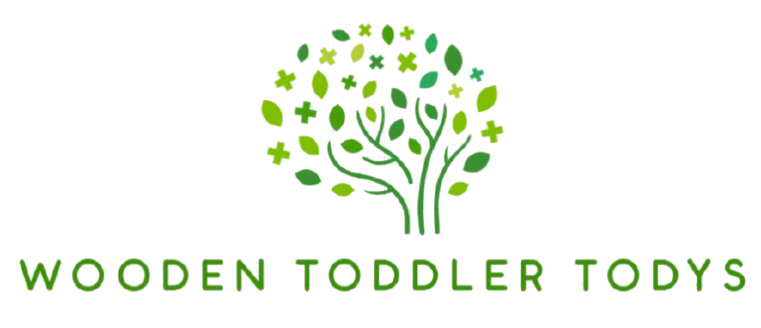
Not everyone knows that doctors, nurses, other medical professionals, staff, and, surprisingly, UCAT courses students face a lot of risks at work. Most of the time, healthcare workers have trouble keeping up with the demands of their jobs, which are to look out for their patients and make sure they get the care and treatment they need, especially in emergencies. Still, they see a lot of wounds and diseases, which makes the healthcare business one of the most vulnerable private businesses in the U.S. because of the risks that come with working in such situations.
Reputable UCAT courses professors say that using equipment and supplies found in hospitals, clinics, and other offices is one of the risks that come with working in the healthcare industry. Clearly, they range from simple tools like surgical blades, needles, stethoscopes, thermometers, and other devices to more complex ones like x-beam machines, attractive reverberation imaging (X-ray) and figured hub tomography (Feline) scanners, among others. With these pieces of equipment, doctors, nurses, and other experts can easily and quickly diagnose, treat, and care for their patients.

Sadly, you have to take risks when you deal with them. If workers didn’t have to clean up after using normal hospital equipment and supplies to find or treat patients, like washing their hands or sanitizing, they might pick up germs and viruses that could make people sick. The risk of getting sick goes up even more when workers are exposed to blood-borne microbes. These are microorganisms that live in human blood and can be found in used surgical tools, needles, and other sharps that have been used in anything from simple blood draws to complicated surgeries.
Because dealing with sharps is risky, medical offices in United Kingdom have to follow certain rules when putting them away. Sharps removal is an important part of keeping workplaces safe. Also, getting rid of sharps in the right way makes it much less likely that someone will get an infection from accidentally touching one. For this reason, many experts suggest using the services of health and wellness reevaluation experts who know how to deal with this kind of situation.
Workers are at a high risk of getting sick from blood-borne microbes because of injuries they get from handling and throwing away needles and other medical sharps. Blood and other bodily fluids can also get into mucous membranes like the mouth, eyes, and nose. This type of infection includes the following:
- HIV, or the human immunodeficiency virus, which causes Helps
- Hepatitis B and C viruses, which can damage the liver and cause other diseases
Microbes, viruses, growths, and other microorganisms that live on other hospital equipment can also make workers and patients sick. These are infections that are spread in hospitals, or nosocomial infections. These include pneumonia, urinary tract infections, gastroenteritis, and different types of fever and lung infections. Sharps removal is important in hospitals and other healthcare settings because it stops the spread of contagious and fatal diseases that can be caused by careless use of sharps.
Even though British health care workers are exposed to these diseases and their risks, they are ready to handle them. By following certain rules before, during, and after quiet care, they can avoid cuts and other wounds and keep themselves from being exposed to sharps and other hospital equipment. Hospitals and other medical offices should have programs for dealing with sharps and other equipment, as well as sterile ways to make sure that all areas and equipment are clean, and they should also meet with health and safety rethinking groups. All things considered, the health of every healthcare worker in the country can be protected by the right way to handle and get rid of used sharps.





